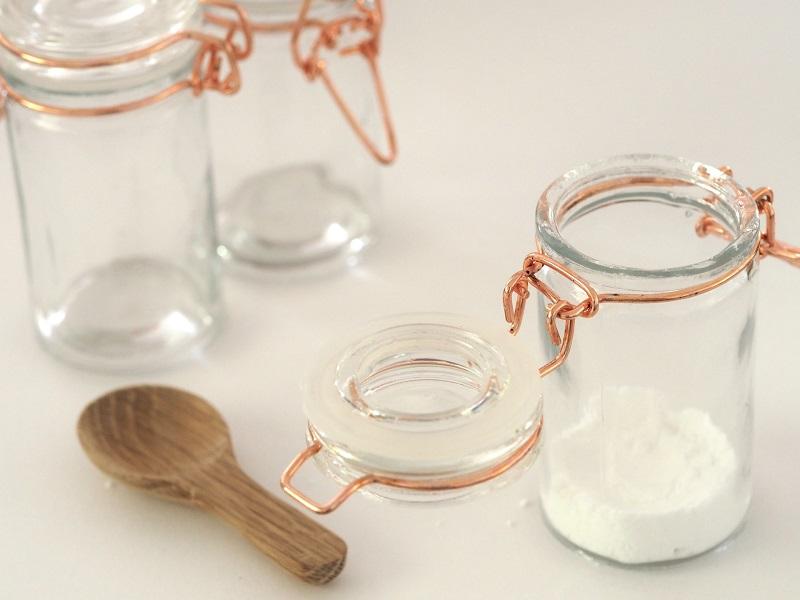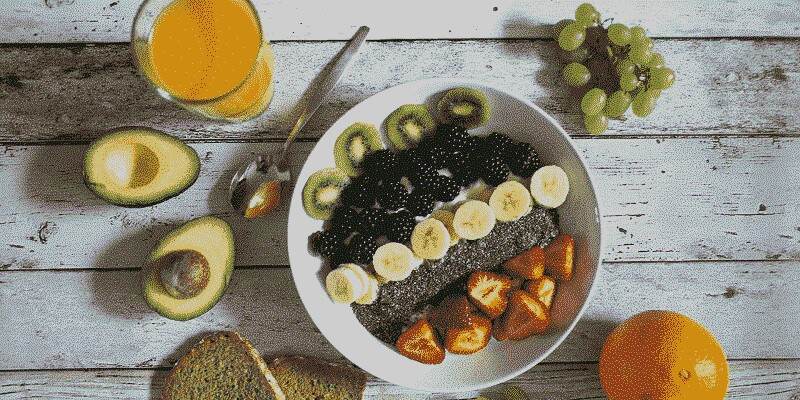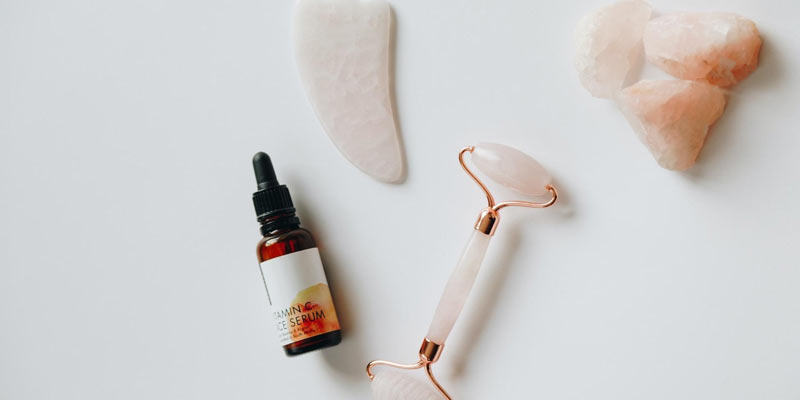The Benefits and Cautions of Sugar Substitute Xylitol
Oct 23, 2023
In recent years, sugar substitutes have become increasingly popular. One such substitute that has gained attention is xylitol. As a sugar alcohol that's found naturally in various fruits and vegetables, xylitol offers several benefits. But, like any other food or ingredient, it has its potential downsides as well. Here's a more detailed look at the advantages and potential hazards of this popular sweetener.
What Exactly is Xylitol?
Xylitol is a sugar alcohol, a type of carbohydrate that's not fully absorbed by the body, and it has a chemical structure that's somewhat similar to both sugar and alcohol. However, it doesn't contain ethanol, the compound that gives alcoholic drinks their intoxicating effects.
This sugar substitute occurs naturally in small amounts in a wide variety of fruits and vegetables, including berries, apples, and mushrooms. It can also be found in various hardwoods and corncobs. Due to its sweet taste, xylitol is commonly used as a sugar substitute in a variety of sugar-free products such as gum, candies, and some baked goods.
What are the Benefits of Xylitol?

The xylitol benefits are numerous and varied. Here's an in-depth look at some of the most commonly cited advantages of this sugar substitute:
- Dental Health: One of the most significant benefits of xylitol is its positive impact on oral health. Unlike regular sugar, which can contribute to cavities and tooth decay, xylitol actually helps to reduce the risk of these dental issues. It has been shown to inhibit the growth of certain bacteria in the mouth, particularly the harmful Streptococcus mutans, which is associated with cavities. Xylitol also increases saliva production, which can help wash away food particles and neutralize acids.
- Low-Glycemic Index: Another notable advantage of xylitol is its low glycemic index (GI). GI is a measure of how quickly a food raises blood sugar levels. Foods with a high GI cause rapid spikes in blood sugar, while those with a low GI result in a slower, more gradual increase. Xylitol's low GI makes it a good option for people with diabetes, as it doesn't cause rapid increases in blood sugar levels.
- Fewer Calories: Xylitol contains about 40% fewer calories than regular sugar. This makes it a popular choice among those who are trying to lose weight or simply looking for a lower-calorie alternative to sugar.
Are There Any Dangers Associated with Xylitol?
While it offers several xylitol benefits, there are also essential to be aware of the potential risks associated with this sugar substitute:
- Digestive Discomfort: Xylitol can cause digestive discomfort in some people, especially when consumed in large quantities. Symptoms may include gas, bloating, and diarrhea.
- Toxicity in Dogs: One significant concern with xylitol is its toxicity to dogs. Ingesting even a small amount of xylitol can be extremely dangerous for dogs. It triggers a rapid release of insulin in their bodies, leading to hypoglycemia (low blood sugar), which can be life-threatening.
- Allergic Reactions: While rare, some individuals may experience allergic reactions to xylitol.
The Bottom Line
Xylitol is a popular sugar substitute with several health benefits. Its positive effects on dental health, its low-glycemic index, and its lower caloric content make it an attractive alternative to regular sugar. However, it's essential to use it in moderation and be aware of its potential downsides.
It's particularly important to keep xylitol-containing products away from dogs. And, if you're considering adding xylitol to your diet but have concerns, it's always a good idea to consult with a healthcare professional.
Whether you're using xylitol for its oral health benefits, its suitability for diabetics, or its lower calorie content, it's crucial to be informed and make balanced, health-conscious choices.
Frequently Asked Questions
What is xylitol?
Xylitol is a sugar alcohol that is found naturally in some fruits and vegetables. It's commonly used as a sugar substitute because of its sweet taste.
Where can I find xylitol in nature?
Xylitol naturally occurs in small amounts in various fruits and vegetables like berries, apples, and mushrooms. It's also found in hardwoods and corncobs.
Why is xylitol good for dental health?
Xylitol has been shown to reduce the risk of cavities and tooth decay. It inhibits the growth of harmful bacteria in the mouth and increases saliva production, helping to wash away food particles and neutralize acids.
Can people with diabetes consume xylitol?
Yes, xylitol has a low glycemic index, which means it doesn't cause rapid increases in blood sugar levels. This makes it suitable for people with diabetes.
Is xylitol calorie-free?
No, xylitol isn't calorie-free, but it contains about 40% fewer calories than regular sugar.





